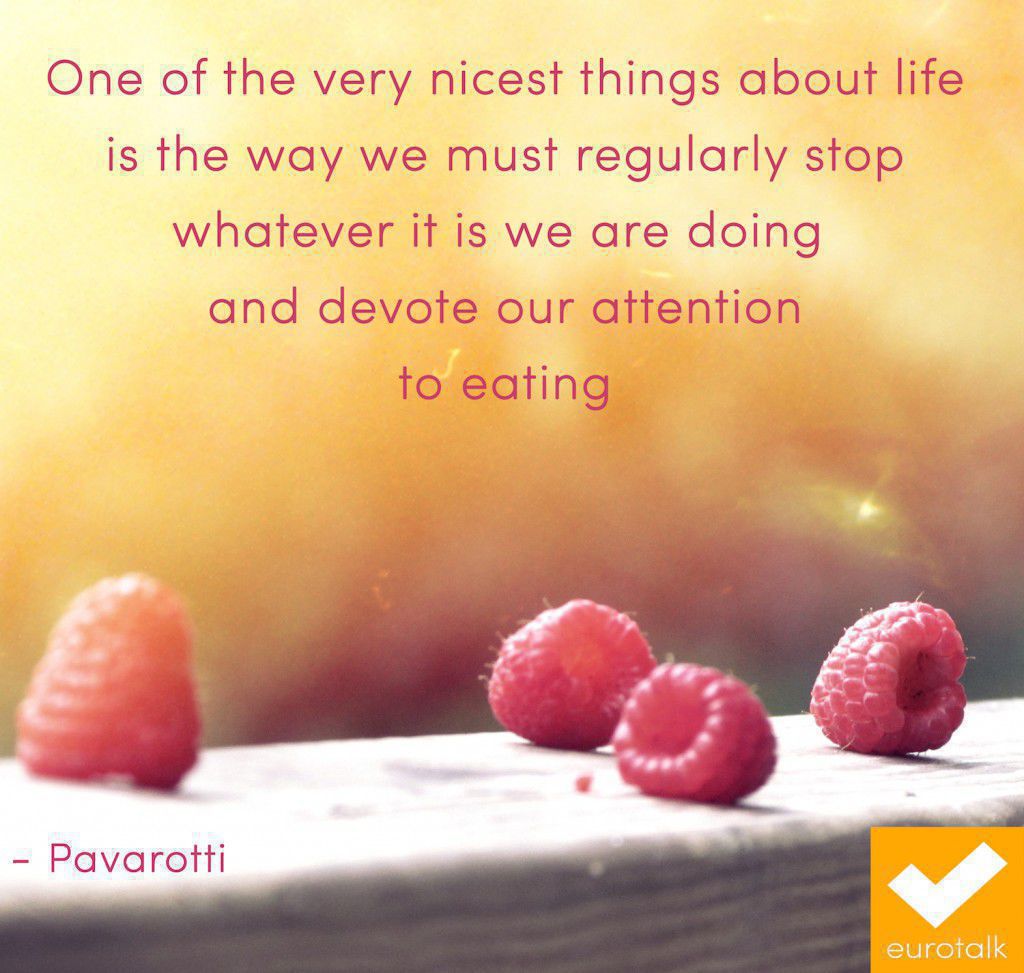5 ways to be happy like the Bhutanese
Recently, we were recording the Bhutanese language of Dzongkha for uTalk (now available!) and realised we knew hardly anything about the Himalayan kingdom. The Duke and Duchess of Cambridge are visiting as part of their Royal visit to India and Bhutan; so we thought we would do a bit of reading – and now we want to move there.
Gross National Happiness is an actual thing in Bhutan! Rather than measure the GDP (gross domestic product) the Bhutanese measure how happy their population is. In 2015 it found that 91.2% of the population would describe themselves as happy – whether ‘narrowly, extensively or deeply happy’; they classed themselves as happy. How lovely is that? But how do they do it? Here are some tips on how to make your life a little bit happier.
1. Turn off your computer, phone, Internet connection
In Bhutan the Internet didn’t arrive until 1999, so why not try to go Internet free. I know this is shocking – a lot of us are glued to our smartphones. But, why not try turning it off? Even if just for an hour every day, take a break from the cyber world and do something else instead. If you tend to use your smart phone before bed try replacing it with a book. A lamp doesn’t emit a stimulating light like your smartphone, which keeps you awake for longer; let’s be honest who doesn’t love extra sleep.
2. Listen to some music
Apparently Bhutan’s King, Jigme Khesar Namgyel Wangchuck is a huge fan of The King of Rock, Elvis. So put on your blue suede shoes and get dancing, singing, or just listen to some music. Spotify have some perfect mood boosting playlists and motivational songs.
3. Have a cuppa
A cup of tea, or a warm drink – if you’re not a tea lover, this can help to relax you. In Bhutan they have their own version of ‘tea’ called suja, described as thick and creamy, made of salted yak butter. Instead of serving it with a rich tea biscuit, it comes with dry popped rice.
4. Take up yoga/meditation
Find your zen! The Bhutanese allow for daily meditation sessions in school, and play traditional music to sooth students instead of a school bell. Doing yoga or meditating is the perfect way to zone out after a stressful day. There’s now such a thing as yoga with bunnies or even goats in some places.
5. Go for a bike ride
Jigme Khesar Namgyel Wangchuck’s dad (the previous king of Bhutan) used to ride up and down the mountains of Bhutan. Some of the locals in Bhutan are sure they have seen him cycling around the town in his spare time. Going for a bike ride is a great way to get some exercise and it releases feel-good endorphins. Apparently it also helps you to sleep more deeply and will help ease any guilt from snacking.
What are your top tips to live happy?
Quote of the week: 4 July 2015
“One of the very nicest things about life is the way we must regularly stop whatever it is we are doing and devote our attention to eating.” Pavarotti
Embed This Image On Your Site (copy code below):
How do you make time to learn a language?
 We know what it’s like – you really want to learn a language, but things just keep getting in the way: work, school, commuting, exercise… There are so many things to fit into the average day, that it’s not always easy to make time for studying. But don’t despair – it can be done. Following up from last week’s tips on how to learn a language on a tight budget, this week we’re giving you some ideas about how to keep learning even when you’re short of time.
We know what it’s like – you really want to learn a language, but things just keep getting in the way: work, school, commuting, exercise… There are so many things to fit into the average day, that it’s not always easy to make time for studying. But don’t despair – it can be done. Following up from last week’s tips on how to learn a language on a tight budget, this week we’re giving you some ideas about how to keep learning even when you’re short of time.
Please share your own suggestions in the comments, and let us know which of these ideas works best for you.
1. Learn on your commute
This is my favourite strategy, as it uses time that I would otherwise spend staring out of a train window, or (now that I take the tube) at someone else’s armpit. Half an hour or so on a train or bus is the perfect time to read a book in another language, pull out your iPhone for a couple of uTalk games or listen to a podcast (there are loads designed specifically for learners). If you’re one of those healthy types who walks to work, try listening to the radio or a podcast on your phone.
2. Combine learning with socialising
Try to find a language partner who speaks the language you’re learning and chat to them over tea/beer/dinner. There are plenty of websites like totalingua.com and mylanguageexchange.com where you can find a partner to exchange languages with, either in person or over Skype/email. Or make some friends who speak that language and resolve to spend at least 15 minutes chatting to them in their language before you switch back to English.
3. Break it up into small chunks
There’s no reason why you have to spend hours at a time for it to be effective. In fact, 10 minutes a day of flicking through some vocab flash cards, playing a couple of revision games or doing a couple of units in a language app is probably more effective than one long session each week.
4. Fit the language into everyday life
Try switching your phone or Facebook into another language so you see it every day without changing your routine. (Disclaimer: Do not do this if the language is Arabic or Mandarin and you can’t read the script yet! You might have trouble switching it back… I speak from experience here.) Make post-its of everyday vocab and stick them around your house/office to learn the names of household items.
5. Use ‘dead time’ to practise a bit
If you added together all the time you spent each month just waiting around for things (waiting at the doctor/dentist, waiting for a bus, sitting on a delayed train…), you’d probably realise you were wasting hours of your time just getting bored. Keep a language book or app with you and you can always do a bit of reading or revision while you wait. You’ll be surprised how quickly it adds up!
6. Do things you were going to do anyway… in another language!
Surfing Facebook in your lunch break? Switch it into your language. Reading the news online? Find a foreign newspaper to read instead of your usual one. Watching your favourite TV show in the evening? Find it online dubbed or with subtitles. Found a new book to read? Get the translation (or, even better, the original foreign language book!). Ok you get the idea! Try thelanguagedojo.com for links to loads of cultural sites (TV/comics etc) in several different languages.
7. Learn while you’re doing other stuff
Put the radio on in another language or some language tapes or an audio-based lesson like EuroTalk Rhythms while you’re washing up/cleaning/getting dressed in the morning. You’ll pick something up without even realising you’re ‘studying’.
8. Set yourself a goal for the day
For example, say to yourself in the morning, ‘I want to spend x amount of time on vocab or grammar,’ or ‘I want to complete this many exercises/games,’ or ‘I want to have at least one conversation in the language today’. It’ll help focus your mind on what you need to get done, rather than just saying ‘I want to learn some French today’, which is a huge, daunting and extremely vague challenge, and one which you’ll probably go out of your way to avoid.
9. Chat online
If you don’t have time to go to the country, you don’t know anyone who’s from there and you can’t make time for lessons or meet-ups, you can probably still manage to spend a bit of time Skyping, chatting on a site like busuu.com or using another instant messenger. I’m also reliably informed that playing videogames is a good way to learn, as you can chat with other players from across the world while you play!
Good luck – and let us know how you get on…
Alex




